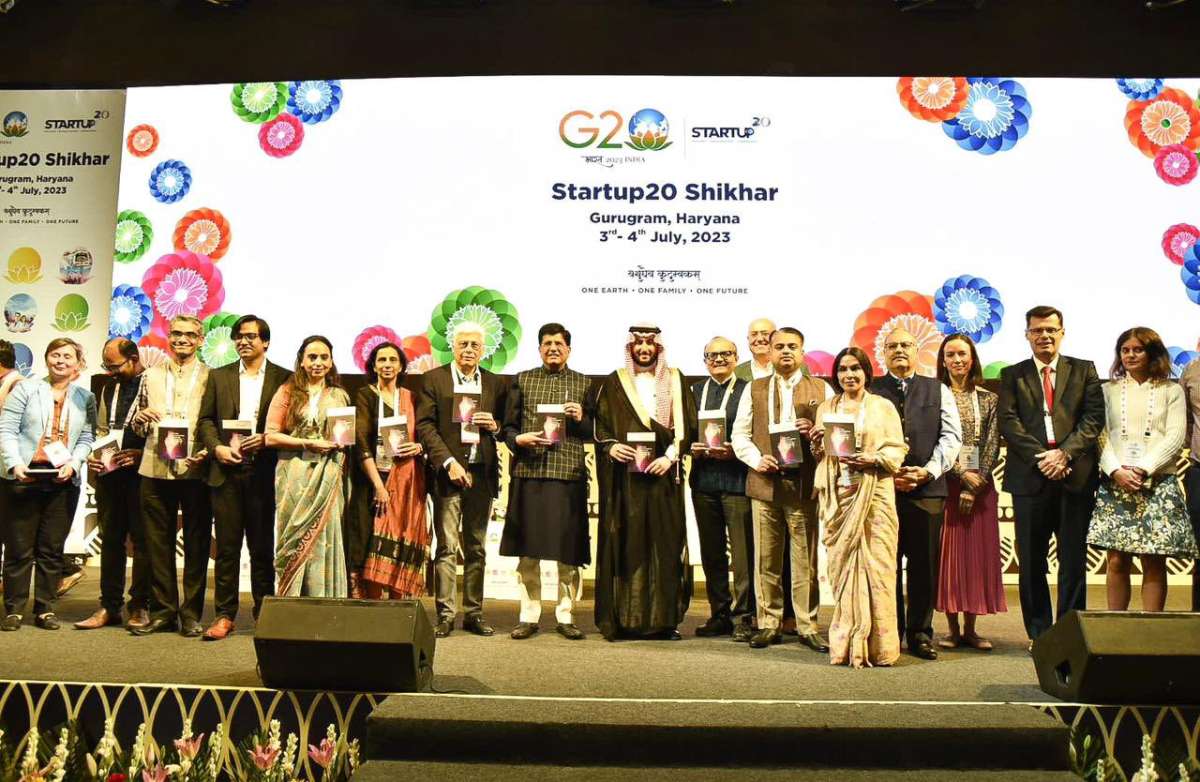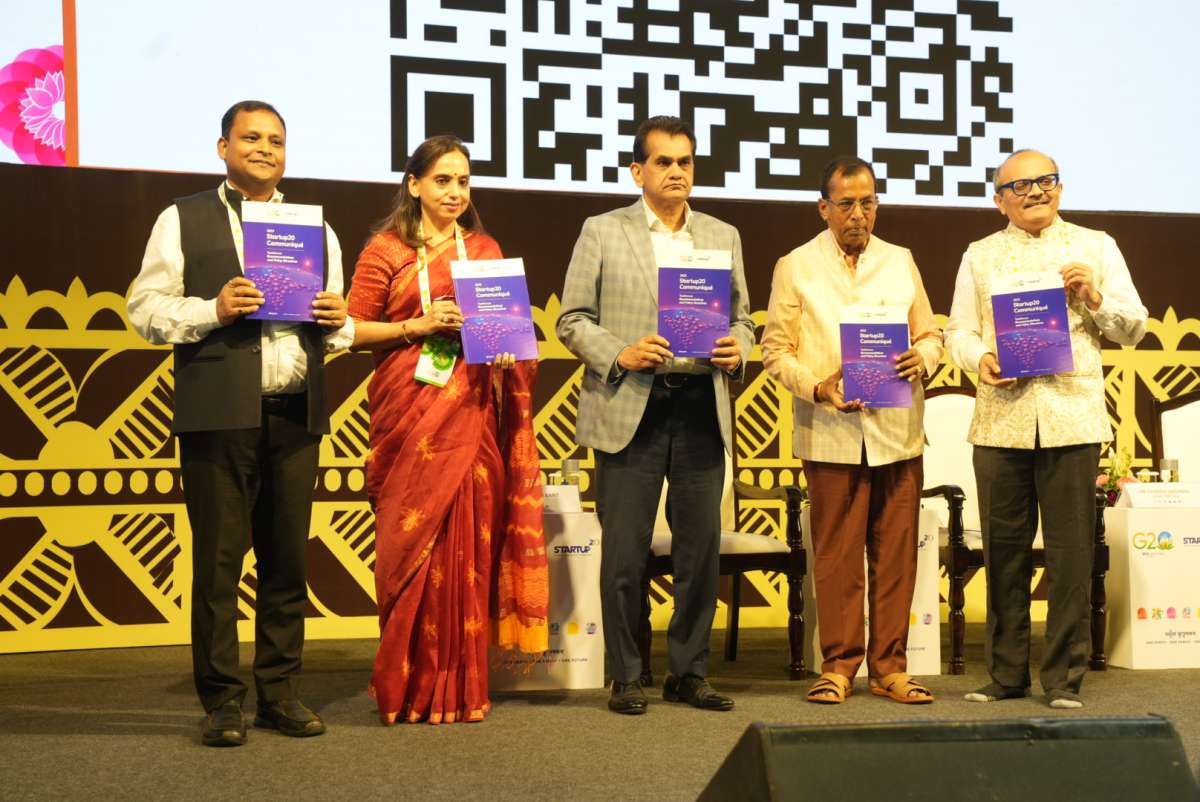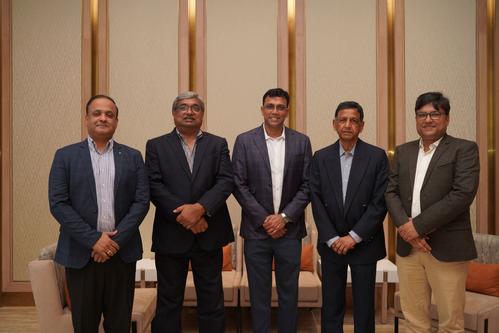These continuations of Startup20 with the Brazil presidency were a true success for the group and a milestone in the advancement of the startup ecosystem worldwide…reports Asian Lite News
The Startup20 Shikhar Summit, which was put on by the Startup20 Engagement Group for the India G20 Presidency, came to a successful conclusion on Tuesday in Gurugram, the NITI Aayog said in an official release. This two-day summit served as a platform for fostering innovations, collaborations, knowledge sharing, and strategic alliances within the global startup ecosystem.
During the closing ceremony, the Chair of Startup20, Chintan Vaishnav, officially handed over the torch to Brazil, as the country has G20 presidency for the next year and has committed to continue the Startup20 initiative in 2024. These continuations of Startup20 with the Brazil presidency were a true success for the group and a milestone in the advancement of the startup ecosystem worldwide.
According to the official press release of the NITI Aayog, Saudi Arabia, represented by Prince Fahad Bin Mansoor, became the first nation to endorse and support Startup20’s proposal to allocate an ambitious $1 trillion annually into the startup ecosystem by 2023, underscoring the significance of the initiative. He made this announcement during his address at the Gurugram Shikhar Summit, recognizing the potential of startups in making startups a true force for the global good.
In his address, Chintan hailed this announcement as a momentous occasion at the Startup20 Gurugram Shikhar Summit, underscoring Saudi Arabia’s steadfast dedication to fostering global innovation and entrepreneurship. He asserted, “By pledging support for the USD1 trillion funding milestone, Saudi Arabia sets a precedent for other nations to follow, demonstrating their commitment to driving a disruptive innovation ecosystem and propelling the economic growth, according to the official press release.
He also underscored the importance of specific action points outlined in the Policy Communique while releasing it officially. The key action points in Policy Communique include the creation and adoption of a defined framework for startups, creating a networked institution to support startups and ecosystem stakeholders across G20, increasing and diversifying access to capital, easing market regulations for startups, and prioritizing the inclusion of underrepresented communities within the startup ecosystem as well as the scaling up startups of global interest. “These measures aim to foster a conducive environment that empowers startups to innovate, grow, and address global challenges effectively,” the press release said.
The Startup20 Gurugram Shikhar Summit serves as a critical platform for the startup ecosystem, ecosystem builders, industry experts, Government, policymakers, and thought leaders to collaborate and shape the trajectory of startups on a global scale, the release added.
The Policy Communique sets the direction for G20 countries to scout promising startups intensively, fund them collaboratively, mentor them contextually and scale them globally. (ANI)
ALSO READ-Startup20: India passes torch to Brazil as Summit concludes









